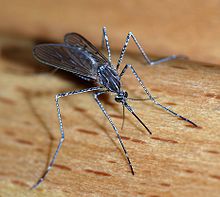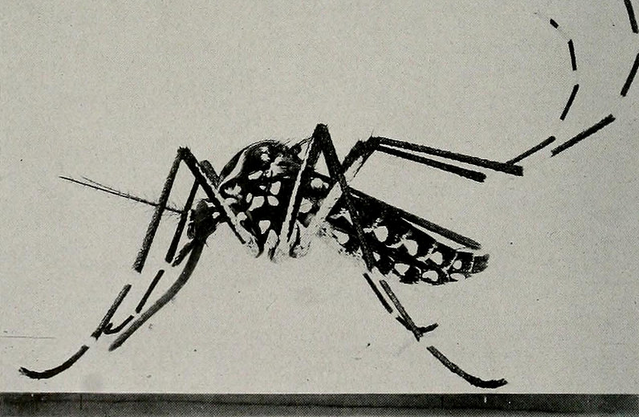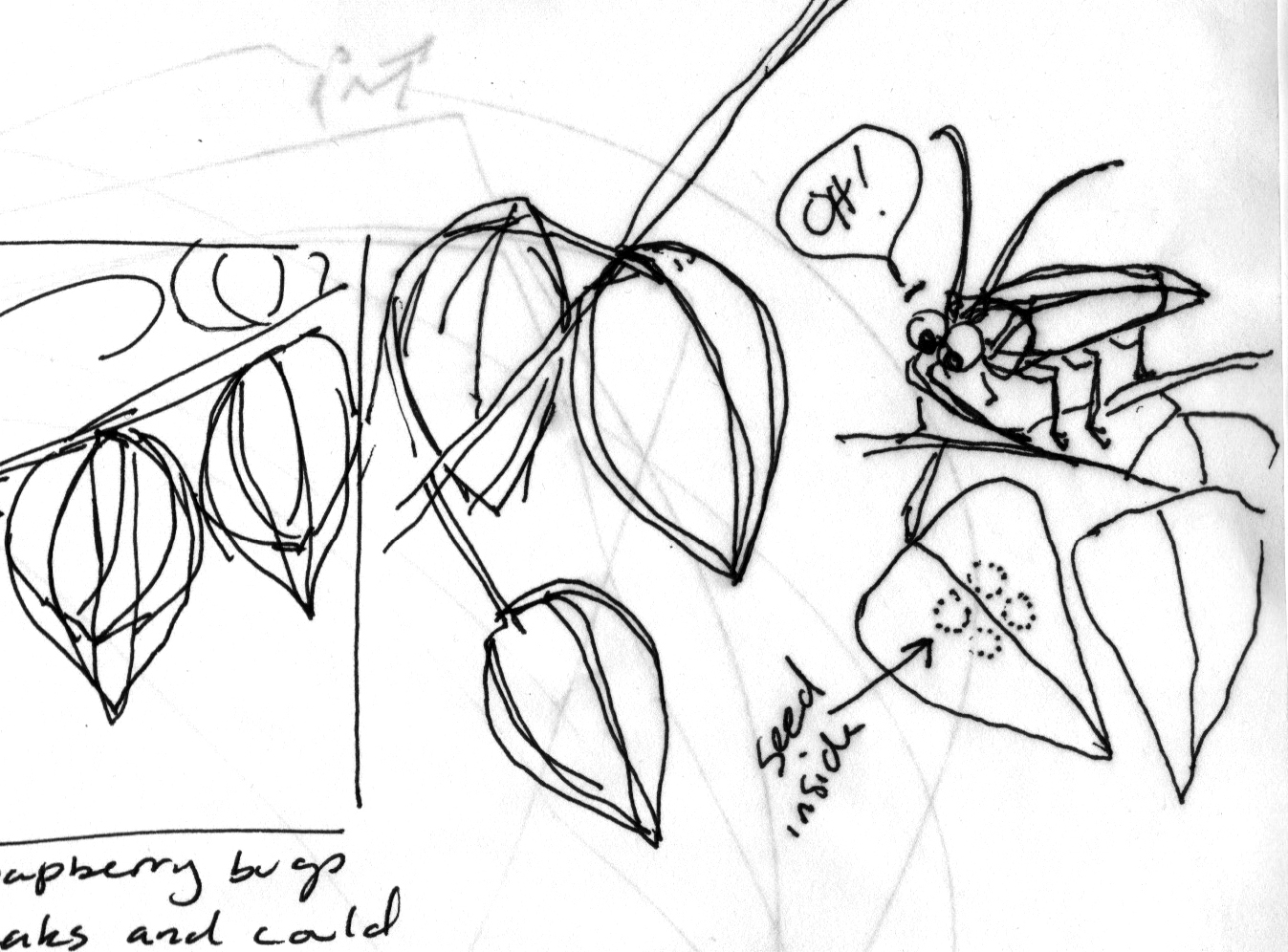Have you noticed having fewer itchy, annoying mosquito bites to scratch as the weather gets colder? Isn’t the disappearance of these pesky little critters one of the greatest things about the cold season? Well, although you may be getting fewer bites, mosquitos don’t actually disappear for good in the wintertime; they’re just hiding from the cold like the rest of us.

Sadly (or maybe not so much), the adults of many mosquito species, such as those of the genus Aedes, die out during the winter months. Before they die, however, female mosquitoes ensure the survival of their species by leaving eggs behind in the late fall, just when the weather starts to become very cold. The female mosquitoes carefully lay their eggs (up to 300 at a time!) in freezing water or soil, which only hatch then the weather gets warmer. These eggs are only capable of surviving the cold because of their tough shells that are able to withstand the harsh weather.
Anopheles walkeri is one example of a tough-egg laying mosquito species. Typically, mosquitoes in the genus Anopheles do not lay eggs in the winter, but A. walkeri is an exception. This type of mosquito lays two kinds of eggs, one for summer and the other for winter, which helps ensure the survival of its offspring in each season. The summer eggs hatch quickly throughout the warm months, while the special winter eggs are laid in the fall and take a much longer time to hatch. The winter eggs are typically larger, and have to be exposed to very cold temperatures and then warmer temperatures to make sure that the winter had passed (and that it is safe to hatch!).

Other species of mosquitoes, such as those that belong to the genera Culex, Anopheles, and Culiseta, are unable to produce eggs with these tough shells. Therefore, they must find a way to survive the winter as adults in order to carry on their lineage! These mosquitoes are capable of hibernating in the winter, and they find shelter in holes in the ground, hollow trees, and exposed tree roots. Prior to hibernation, mosquitoes typically double their weight by eating more sugary foods (such as nectar, rotting fruit, etc). Afterwards, they find a shelter, where they tuck and bend their legs close to the surface that they’re on to try to retain warmth from their surroundings. If you were to find one of these outdoor-hibernating critters, you could actually pick them up without fear of a bite, because they are in full hibernation mode. Additionally, some lucky mosquitoes might find shelter in human habitats.

Maybe that explains why some of us may occasionally wake up with bites in the middle of winter! Mosquitoes also hide under barns and cellars, where temperatures are warm enough to keep them alive. They can also easily hide in messy spaces such as basements and storage areas, especially if there is water around. Unlike their outdoor-hibernating friends, these mosquitoes remain active and can actually fly around and sting you!
If you’re up for it, you can find many more interesting facts about mosquitoes here.




